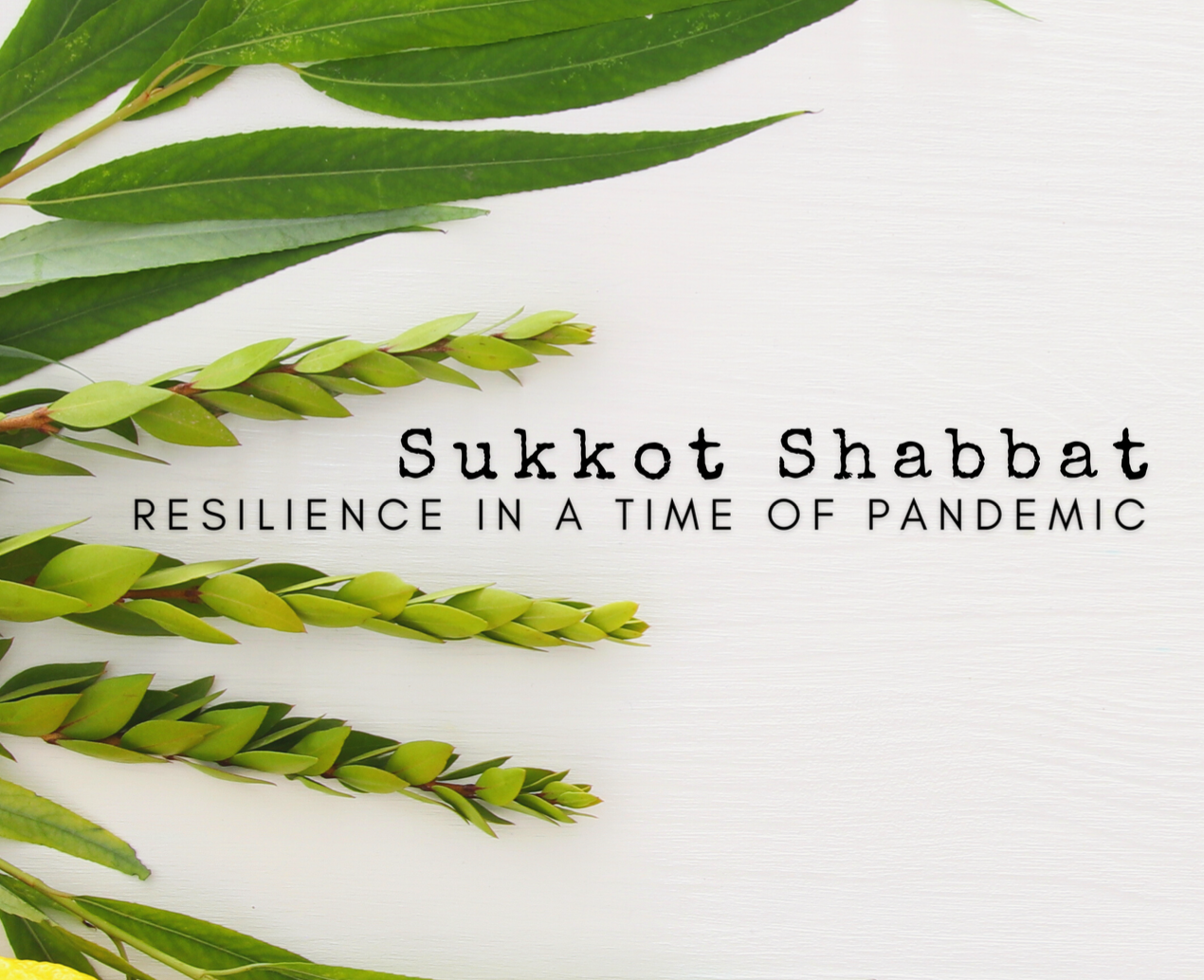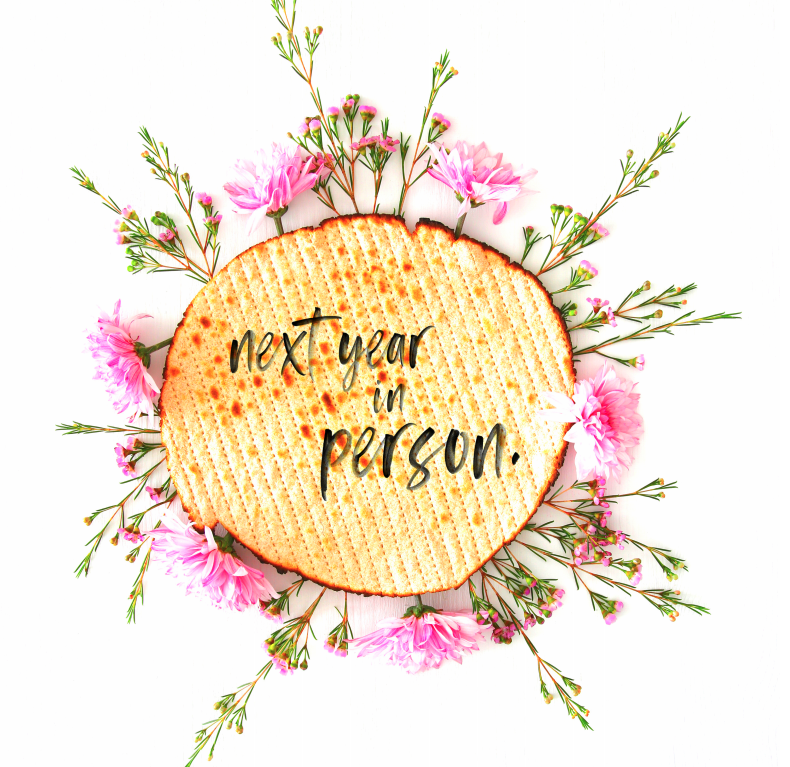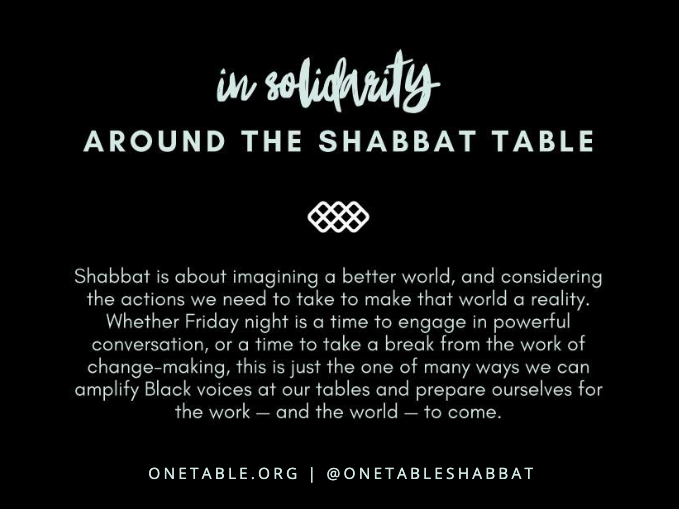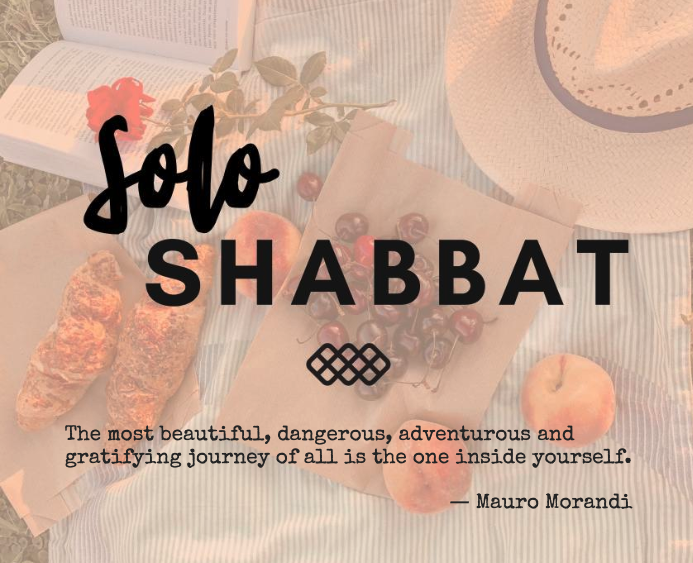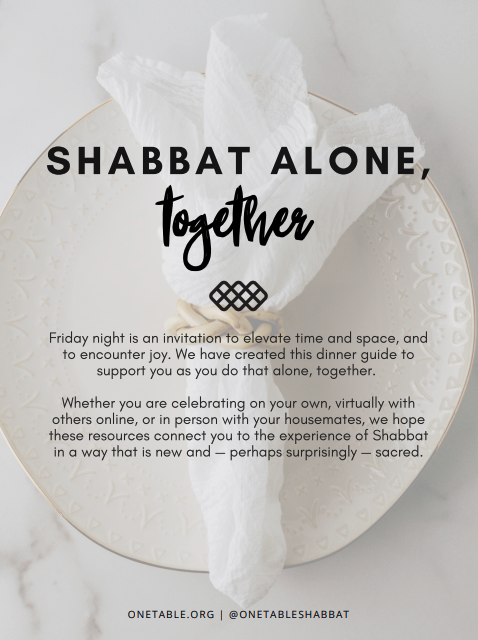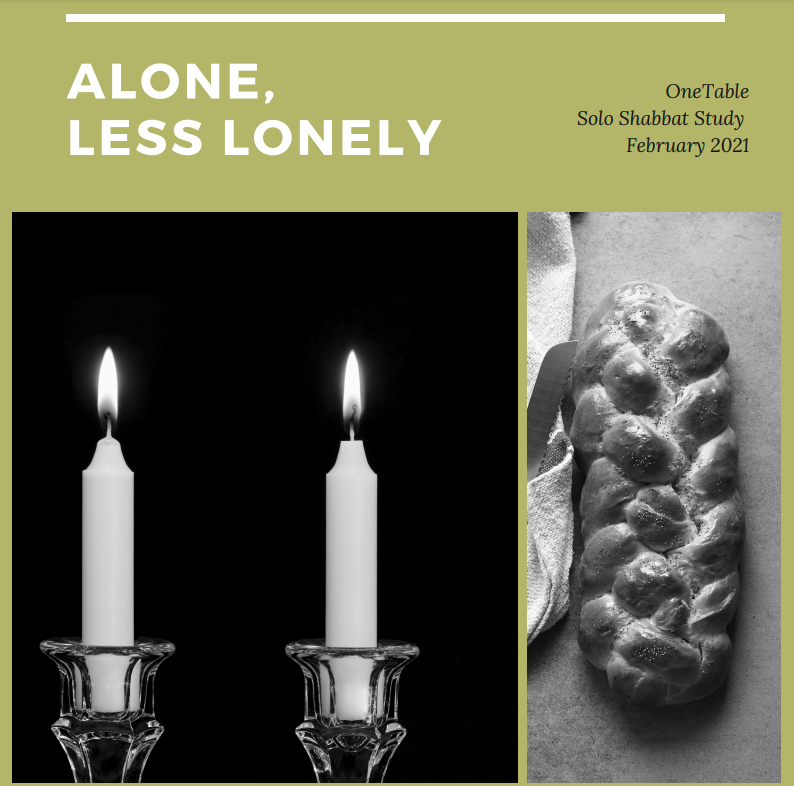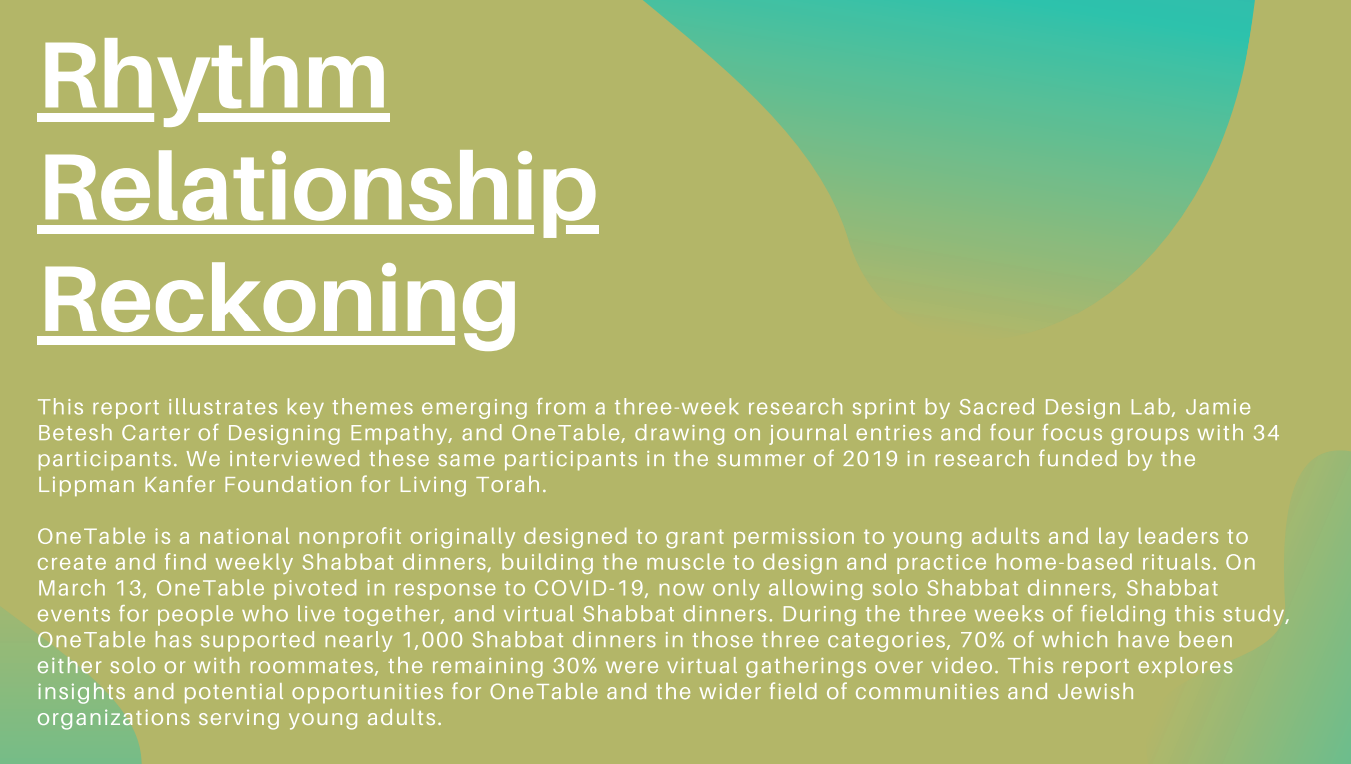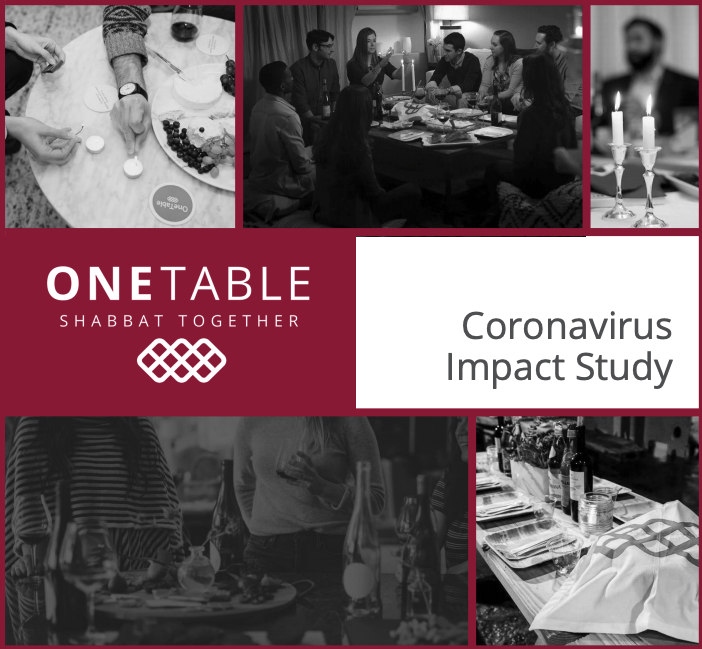OneTable
Item set
- Title
- Description
-
OneTable
-
Items on the OneTable spoke site
Items
-
Keeping It Cozy: Nourishment Inspo for a Socially Distanced Winter Shabbat
With colder weather comes new opportunities for creativity around the Shabbat dinner table — or Shabbat blanket, Shabbat fire pit, or Shabbat space heater. We’ve compiled a few of our favorite things you can purchase with Nourishment to make hosting outside safe, fun, and festive. -
Sukkot Shabbat: Resilience in the Time of Pandemic
Welcome to Sukkot. This is a holiday that celebrates and lives into the many tensions in our lives. The two traditional roots of Sukkot — the temporary homes the Israelites created during their time of wandering in the Wilderness of Sinai, and the shelters erected in ancient Israel during the fall harvest season — can be said to represent the space between these tensions: the bounty of the summer harvest coupled with the impermanence of the roofs over our heads, radical hospitality coupled with the anxiety of the impending rain that will set the stage for next year’s growing season. During this year of tremendous challenge, as we prepare to bring in Shabbat — the proverbial “Temple in Time” — within the holiday of Sukkot, we honor all of the ways in which we have had to create impermanent shelters that have enabled us to weather the wilderness of the pandemic. We’ve sheltered in place, drawn circles of support during social isolation, cared for our friends and family members, worked in the frontlines of essential work and care, used the spaces in our homes for far more functions than they ever used to need to fill, and likewise used virtual tools for connection to create digital spaces to stand in for the physical spaces we’d otherwise occupy together. So this year as we celebrate Shabbat during Sukkot, let us celebrate ourselves and each other — whether you have a physical Sukkah in your yard, patio, or balcony, or your Sukkah exists only in the metaphysical realm of your imagination, we celebrate the creation of sacred space and time and the opportunity to dwell within its midst. -
Solo Seder: A OneTable Guide
Three days after the United States entered WWI, the National Jewish Welfare Board was founded; among their first large scale projects was the Solo Seder kit. Containing a Haggadah, grape juice, soup mix, and matzah, the kit was shipped to overseas military personnel so that they could celebrate Passover alone. For many, the idea of Seder alone is anathema to everything Passover represents: performance, participation, peoplehood. After all, at the core of the practice is storytelling, ritual, and symbolic reenactment. Don’t these things require an IRL experience? This year, as in 1917 and 2020, the answer for many of us is no. Meaning can be made on your own, with the right intention and the right tools. This is not a Haggadah, but rather a real time supplement that offers first person introductions — poetry, lyrics, mindful reflections — for you to read before each section of the Seder. Choose the Haggadah that works for you, and use this resource to add meaning, set personal intention, and make your Seder of One a testament to the timeliness and power of ritual. -
In Solidarity Around the Shabbat Table
Shabbat is about imagining a better world, and considering the actions we need to take to make that world a reality. Whether Friday night is a time to engage in powerful conversation, or a time to take a break from the work of change-making, this is just the one of many ways we can amplify Black voices at our tables and prepare ourselves for the work — and the world — to come. -
Solo Shabbat Guide
On a sailing trip in 1989 Italian teacher Mauro Morandi encountered a small island nestled between Sardinia and Corsica. Uninhabited save for a caretaker, Morandi was captivated by its beauty and isolation. Soon after, he took over as the island’s guardian and sole inhabitant — and remains there over 30 years later. Alone but not lonely, Morandi reminds us to distinguish between the two. Being alone during this pandemic is life-saving work, and while most of us are not fortunate enough to be alone on a beautiful Mediterranean island, we can all encounter what philosopher Abraham Joshua Heschel calls “an island in time”every week on Friday night. -
The Shabbat Alone, Together Guide
Friday night is an invitation to elevate time and space, and to encounter joy. We have created this dinner guide to support you as you do that alone, together. Whether you are celebrating on your own, virtually with others online, or in person with your housemates, we hope these resources connect you to the experience of Shabbat in a way that is new and — perhaps surprisingly — sacred. -
Alone, Less Lonely - OneTable Solo Shabbat Study
Nearly one year into this worldwide pandemic people are tired, lonely, and tired of being alone. Every day can feel like “blursday.” I have found myself asking, “how close are we to Shabbat?” countless times. OneTable was created to foster strong ties among Jewish young adults through the ritual of Shabbat dinner. Until March 2020, we encouraged groups of 8-12 people to gather - even incentivizing invitations to newcomers. If we have learned anything from this pandemic - it’s that the power of ritual, especially Shabbat, can be life changing (and affirming). And that Shabbat itself is elastic. OneTable participants have taught us that Shabbat can offer that sense of connection, grounding, and even meaningful ties to the community while being totally alone. What you will see in this report is stunning, creative and even joyful solo Shabbat celebration. It is also a testament to the beauty of the intentions we create, and the power of the time we spend, with ourselves. What does this mean for how the community, Jewish and otherwise, serves people who are alone by choice or circumstance? How might we embrace them as a real and substantial part of our diverse community? When we can return to boisterous, crowded gatherings, how will we make space for those looking for quiet reflection and renewal? -
Rhythm, Relationship, Reckoning Report
OneTable was about to embark on a full impact study with Benenson Strategy Group (BSG) when COVID-19 hit. In consultation with the Research Advisory Board, OneTable pivoted to a shorter, faster survey. We wanted to know: How is the OneTable community coping during this crisis? OneTable engaged BSG to field a pulse check survey to our community, and Sacred Design Lab and Designing Empathy to dive deep with journal entries and focus groups for a small sub-group of participants. These two studies were separate, but complementary. This resulting report is very informative and presents a picture of how challenging the virus has been in the lives of young adults. Nearly two thirds of survey participants (65%) know someone who has contracted or died from the virus. As can be expected during a crisis, there is an increased awareness of, and positive feelings toward, participants’ religious identities. Particularly important is their strong sense of being Jewish, and of incorporating Shabbat into their lives more regularly. The report also raised some important questions for us: What resilience underlies our community's feelings of luck and gratitude? What else are they grieving? We need to identify these sources of loss to help us understand what more OneTable can offer them. All of this just underscores to us the value — and implicit message of fostering a Jewish identity — OneTable is bringing to people’s lives. We are so thankful that these participants shared with us so generously, and we are eager to share what they’ve taught us in their own words. Signed, Dr. Barbara Schneider, on behalf of the OneTable Research Advisory Board -
OneTable Coronavirus Impact Study
OneTable was about to embark on a full impact study with Benenson Strategy Group (BSG) when COVID-19 hit. In consultation with the Research Advisory Board, OneTable pivoted to a shorter, faster survey. We wanted to know: How is the OneTable community coping during this crisis? OneTable engaged BSG to field a pulse check survey to our community, and Sacred Design Lab and Designing Empathy to dive deep with journal entries and focus groups for a small sub-group of participants. These two studies were separate, but complementary. This resulting report is very informative and presents a picture of how challenging the virus has been in the lives of young adults. Nearly two thirds of survey participants (65%) know someone who has contracted or died from the virus. As can be expected during a crisis, there is an increased awareness of, and positive feelings toward, participants’ religious identities. Particularly important is their strong sense of being Jewish, and of incorporating Shabbat into their lives more regularly. The report also raised some important questions for us: What resilience underlies our community's feelings of luck and gratitude? What else are they grieving? We need to identify these sources of loss to help us understand what more OneTable can offer them. All of this just underscores to us the value — and implicit message of fostering a Jewish identity — OneTable is bringing to people’s lives. We are so thankful that these participants shared with us so generously, and we are eager to share what they’ve taught us in their own words.

